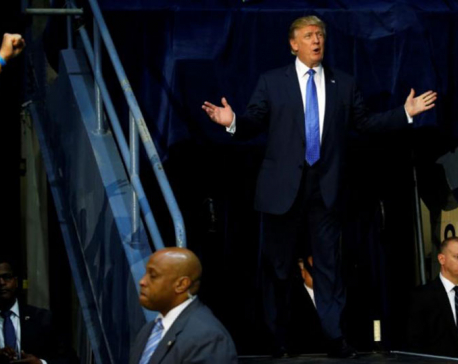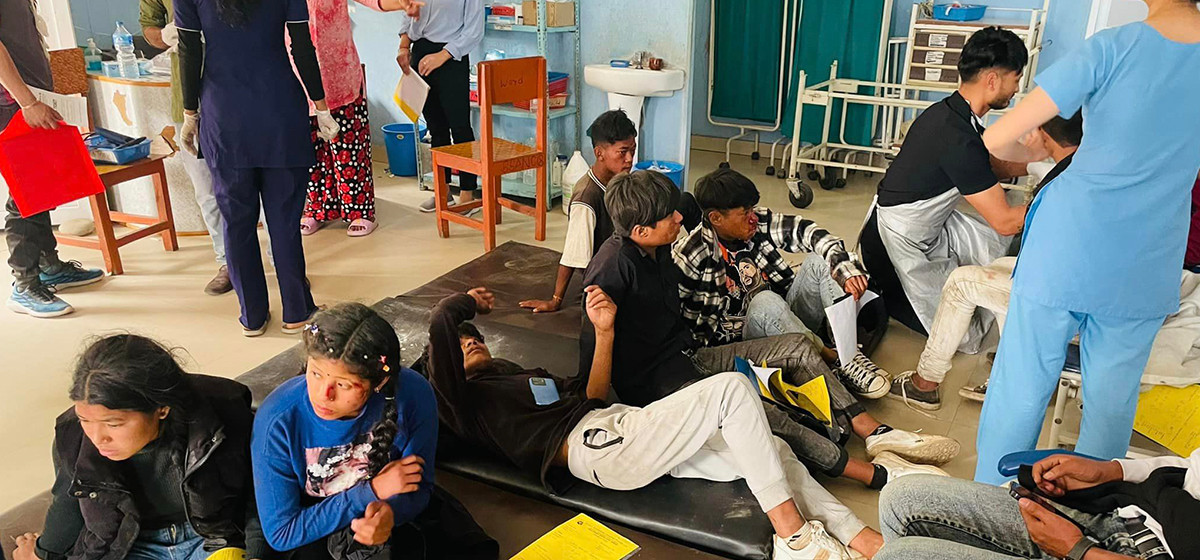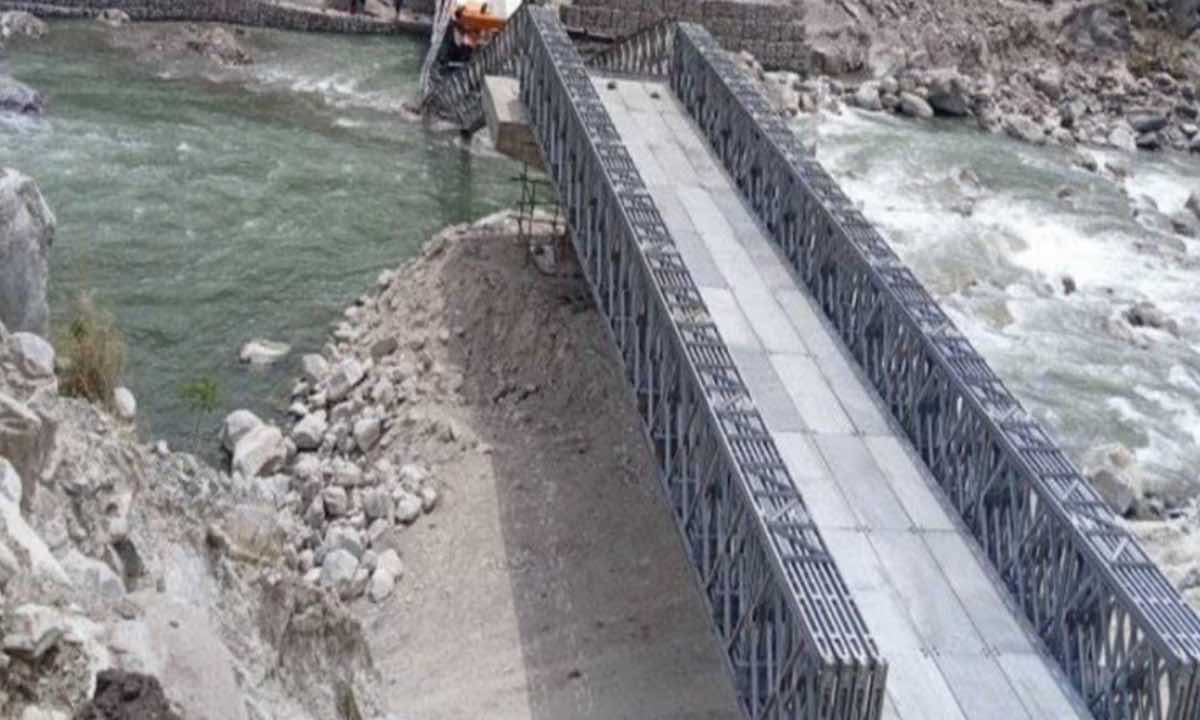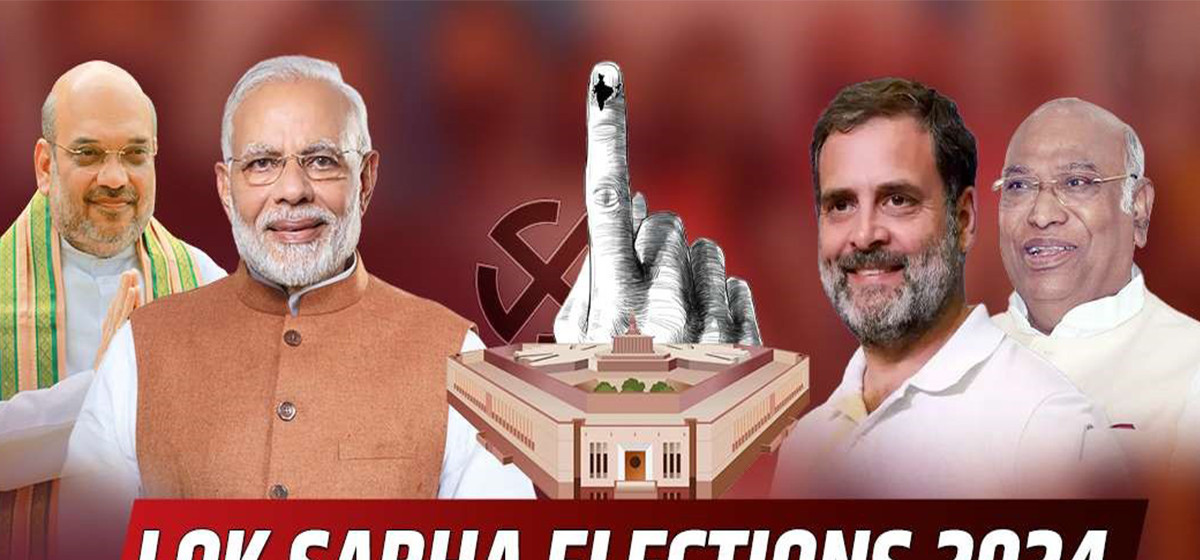
OR
Post-first phase concerns.
With a gap of 11 days between the first and second phases of the twin federal and provincial elections, the security of the ballot boxes in the 32 districts that voted on Sunday has become a prime concern. When the results of the second Constituent Assembly elections in 2013 came out, the mother Maoist party—which had been demoted from the first party to a distant third by the sovereign people—declined to accept the results. Back then it had accused Nepal Army of replacing actual ballot boxes with fake ones. It was a baseless allegation and a clear case of sour grapes. But with the most important stakeholder of the peace and constitution process threatening to boycott the process of writing a new constitution, some had started to fear a relapse of the decade-long civil war. A parliamentary committee had to be subsequently formed to adjudicate on the fairness of the elections. Then, in the recent local elections, Maoist cadres were again involved in tearing up stamped ballot papers when their candidate for Bharatpur mayor, Renu Dahal, fell behind the CPN-UML candidate in vote-counting. Following re-polling in one of the wards, Dahal won. This incident showed that it is well within the power of major parties to discredit elections.
This is why between now and the second phase of voting on December 7 the Election Commission must assure foolproof security for the ballot boxes from the first phase. It is a worldwide practice to count cast votes at the earliest to ward off foul-play. But quickly counting first-phase votes in Nepal would not have been wise as the results would have undoubtedly influenced voting in the second phase, handing an unfair advantage to some parties. So the Election Commission and the political parties made a wise decision. But given Nepal’s troubles in recent elections, it is clear that safeguarding the ballot boxes for 11 days will not be easy. CCTV helps. All the major political parties have installed their own CCTV cameras at the places where the ballot boxes have been stored, thus greatly reducing the chances of tampering by any side. There has to be clear communication from the commission on additional measures to protect these ballot boxes. Besides competing political parties, those who never wanted these elections to start with may also try to destroy these boxes containing people’s verdict. In the Tarai-Madesh, some extremist forces are campaigning to discredit the December 7 vote.
Already in this election season, grenades have been lobbed at convoys of important election candidates. In Jajarkot, a team of police personnel that was transporting ballot boxes post-election came under a bomb attack. Thankfully, no one was hurt and all the ballot boxes were safe and sound. Those trying to discredit the election process will surely try to make their presence felt before the all-important second round elections in which 45 districts vote. The success of the second phase will determine the success of overall elections and, by extension, the success of the new constitution. So a lot is at stake. This is why it is important that all important actors in these elections—the political parties, the commission, the security agencies, the media, the civil society—conduct themselves responsibly in the interregnum. If they all abide by democratic norms, there should not be a problem.
You May Like This

EC: Polls unlikely in May-June if issues not resolved in 10 days
KATHMANDU, Jan 19: The Election Commission (EC) has said that the local elections will not happen in May-June if issues related... Read More...

Trump to lay out what he would do in first 100 days if elected president
WASHINGTON, Oct 22: Republican presidential nominee Donald Trump will lay out on Saturday what he would do in the first 100... Read More...

Golden 1,000 Days project only leaves target women in debt
HARKATTI, July 8: Nitu Devi Mandal is one of the target women of the Golden Thousand Days (Sunaula Hazar Din)... Read More...
Just In
- Gold items weighing over 1 kg found in Air India aircraft at TIA
- ACC Premier Cup semi-final: Nepal vs UAE
- Sindhupalchowk bus accident update: The dead identified, injured undergoing treatment
- Construction of bailey bridge over Bheri river along Bheri corridor reaches final stage
- Taylor Swift releases ‘The Tortured Poets Department’
- India starts voting in the world’s largest election as Modi seeks a third term as prime minister
- EC seeks cooperation for free and fair by-election
- Bus carrying wedding procession attendees meets with accident in Sindhupalchowk; three killed



















Leave A Comment